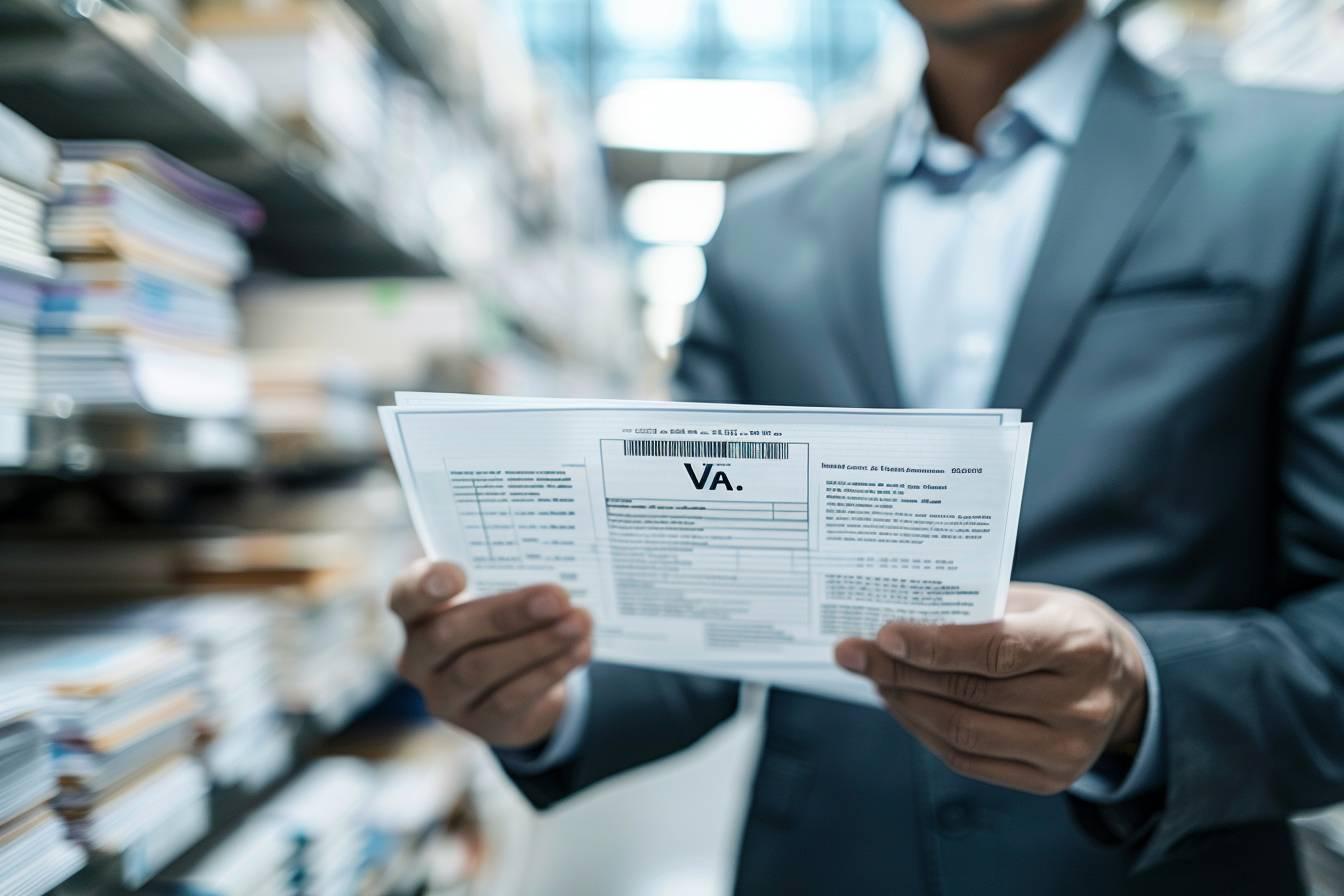THE intra-community VAT number is an essential element for any company carrying out commercial activities within the European Union. This unique tax identifier allows authorities to track cross-border transactions and ensure fair taxation. Understanding its importance, knowing how to obtain it and verifying it are crucial aspects for entrepreneurs. Let’s explore together the subtleties of this vital number for European trade.
What is an intra-community VAT number and who should have one?
THE intra-community VAT number is a unique tax identifier assigned by the tax administration of the country where the company is domiciled. In France, this number is made up of several elements:
- Country code “FR”
- A 2-digit computer key
- The company’s SIREN number (9 digits)
This number is OBLIGATORY for all companies liable for VAT within the European Union. However, certain entities not subject to VAT can also request it in specific cases:
- For intra-community trade
- As part of the VAT-based franchise
It is important to note that the VAT number must appear on all commercial and administrative documents of the company. This legal obligation facilitates transactions and tax audits within the European single market.
Here is a summary table of the main characteristics of the intra-community VAT number:
| Characteristic | Description |
|---|---|
| Format (France) | FR + 2 digits + 9 digits (SIREN) |
| Mandatory for | Businesses liable for VAT in the EU |
| Use | Commercial and administrative documents |
| Cost | Free |
Process for obtaining and verifying the VAT number
Obtaining a intra-community VAT number is a crucial step for companies wishing to operate in the European Economic Area. Here are the steps to follow to acquire this precious tax sesame:
- Contact the Corporate Tax Service (SIE) on which your company depends
- Provide the necessary documents justifying your activity and your tax status
- Wait for validation of your request by the tax administration
- Receive your intra-community VAT number for free
Once the number is obtained, it is essential to be able to check validity VAT numbers of your business partners. To do this, the European Union has set up a dedicated online service allowing you to instantly check the validity of an intra-community VAT number.
This verification is essential for several reasons:
- Avoiding VAT fraud
- Ensure the legitimacy of your business partners
- Secure your cross-border transactions
- Sales of goods or services in Greece
- Intra-community purchases
- E-commerce activities targeting the Greek market
It is recommended to carry out these checks regularly, as a VAT number can be invalidated for various reasons, including false information provided or proven tax fraud.

Specificities and obligations linked to the VAT number in Greece
Each country in the European Union has its own particularities when it comes to VAT. Greece, an EU member since 1981, is no exception to this rule. Here are the essential points to know about the VAT number in Greece :
The format of the Greek VAT number is distinct:
EL999999999, where “EL” represents the country code of Greece and the 9 digits constitute the company’s unique tax identifier.
Obtaining a VAT number in Greece may be necessary in several situations:
Foreign companies operating in Greece must be particularly vigilant. In some cases, they may be required to appoint a tax representative to manage their VAT obligations on the Hellenic territory.
The reporting obligations in Greece are strict:
- Filing of periodic VAT returns (monthly or quarterly depending on turnover)
- Scrupulously respecting reporting and payment deadlines
- Keeping accounting documents for the required legal period
It is vital to note that failure to comply with these obligations can result in heavy financial penalties. The Greek tax authorities are particularly vigilant on these aspects, in a context of combating tax evasion on a European scale.
Implications of the VAT number in intra-Community trade
The intra-Community VAT number plays a central role in the fluidity of trade within the European Union. Its correct use allows companies to benefit from certain tax advantages while respecting their legal obligations.
Here are the main implications of the VAT number in intra-community transactions:
- VAT exemption on intra-community supplies
- Simplification of customs procedures for the exchange of goods
- Facilitation of tax reporting via declarations of exchange of goods (DEB) and services (DES)
- Strengthening of the traceability of transactions to combat tax fraud
It is essential for companies to understand that the use of the intra-community VAT number comes with responsibilities. For example, they must ensure the validity of the VAT number of their European customers before applying the VAT exemption on an intra-community supply.
If you have any doubts about the validity of a number or the obligations linked to intra-community trade, it is strongly recommended to consult a accountant or a tax advisor. These professionals will be able to guide you through the twists and turns of VAT regulations and help you optimize your processes while remaining in compliance with the law.
In short, the intra-community VAT number is much more than a simple tax identifier. It’s a strategic tool for European companies, facilitating their cross-border operations while contributing to tax harmonization within the European Union. Its good management is crucial to avoid administrative pitfalls and take full advantage of the opportunities offered by the single European market.
